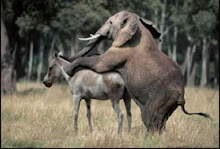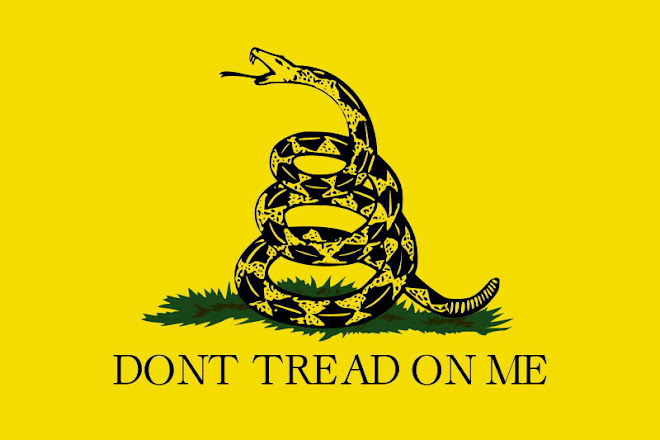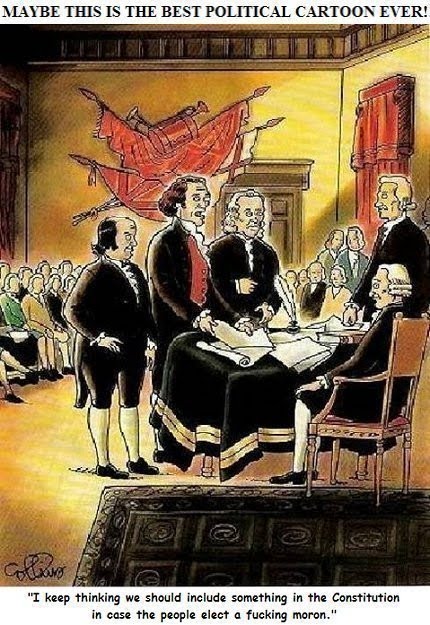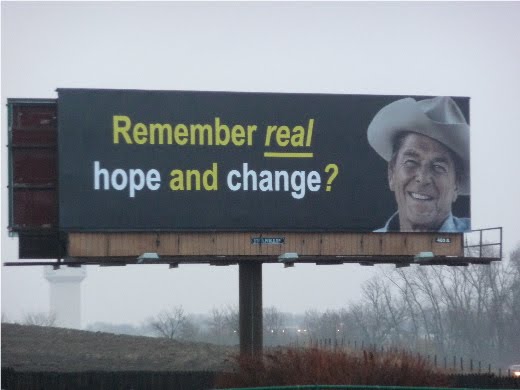IOWA CITY, Iowa — After years of arguing that liberal Iowa law professors illegally derailed her career, a conservative lawyer will get a second chance to prove her claim to a jury. Selection of jurors began Monday in federal court in Davenport in a lawsuit filed by anti-abortion activist Teresa Manning, who contends that the University of Iowa College of Law refused to hire her for teaching jobs because of her beliefs and associations.
Jurors will decide whether Manning, who recently changed her last name from Wagner, faced discrimination and if so, how much she deserves in damages. Opening statements are expected Tuesday.
The long-running lawsuit has been closely watched in higher education. Manning has reached a deal with a publisher to write a book about her experience, and has said the retrial provides a "historic moment" for social conservatives to expose what they claim is political discrimination against them in higher education.
"All the talk about diversity is a lie," Manning said in a recent speech to the Family Research Council. "We cannot have those in our law schools teaching the First Amendment, violating it."
For the university, the trial is another opportunity to convince jurors that its former law school dean didn't discriminate and end the drawn-out case.
Manning was one of three finalists for two jobs teaching legal analysis and writing in 2007. An Iowa law graduate, she had recently moved back to Iowa City to work as associate director of the law school's writing center. She had previously taught writing at George Mason University law school.
But Manning contends that the 50-member faculty, which included 46 registered Democrats and one Republican, didn't want an outspoken female opponent of abortion rights to join its ranks. A Republican, Manning had worked for social conservative groups, the Family Research Council and the National Right to Life Committee. She argues that the opposition to her appointment was driven by Professor Randall Bezanson, who helped draft the Roe v. Wade decision that legalized abortion in 1973 while he was a clerk for Justice Harry Blackmun.
One of the jobs went to an outspoken liberal who had less experience and struggled after being hired; the faculty decided not to fill the second opening. Manning contends the school wouldn't consider her for later vacancies.
Professors say they rejected Manning after she performed poorly during a presentation in front of the faculty, and allege that she said she wouldn't teach legal analysis — a key part of the job. Manning disputes that claim, saying it was fabricated to excuse their political motivation.
In what her lawyer has called "a smoking gun" email, an associate dean told then-Dean Carolyn Jones that he worried professors were blocking Manning's hiring "because they so despise her politics (and especially her activism about it)." Despite that warning, Jones upheld the faculty's recommendation.
During the first trial, in October 2012, jurors ruled that Jones — the named defendant — didn't discriminate against Manning. Jurors said later they believed Manning faced bias but not from Jones, who argued she was merely a rubber stamp for faculty hiring recommendations.
The case would have been over if not for U.S. Magistrate Judge Thomas Shields' mistake in accepting the verdict.
Shields erroneously declared a mistrial and dismissed jurors after they reported they couldn't come to a unanimous decision. He called them back minutes later, where jurors explained they had agreed to rule in favor of Jones on the key count but deadlocked on another that was later dismissed. An appeals court ordered a new trial last year.
"The university is ready to re-try the case and seek the same result," spokesman Joe Brennan said.
Manning, who has continued working at the university, recently accepted a job teaching writing to Virginia Tech medical students and is expected to move next month, her attorney said. Her book is scheduled for release in January, said Encounter Books president Roger Kimball. She's receiving a $7,000 advance.
"She has a fairly dramatic accounting of what happened," Kimball said.
The long-running lawsuit has been closely watched in higher education. Manning has reached a deal with a publisher to write a book about her experience, and has said the retrial provides a "historic moment" for social conservatives to expose what they claim is political discrimination against them in higher education.
"All the talk about diversity is a lie," Manning said in a recent speech to the Family Research Council. "We cannot have those in our law schools teaching the First Amendment, violating it."
For the university, the trial is another opportunity to convince jurors that its former law school dean didn't discriminate and end the drawn-out case.
Manning was one of three finalists for two jobs teaching legal analysis and writing in 2007. An Iowa law graduate, she had recently moved back to Iowa City to work as associate director of the law school's writing center. She had previously taught writing at George Mason University law school.
But Manning contends that the 50-member faculty, which included 46 registered Democrats and one Republican, didn't want an outspoken female opponent of abortion rights to join its ranks. A Republican, Manning had worked for social conservative groups, the Family Research Council and the National Right to Life Committee. She argues that the opposition to her appointment was driven by Professor Randall Bezanson, who helped draft the Roe v. Wade decision that legalized abortion in 1973 while he was a clerk for Justice Harry Blackmun.
One of the jobs went to an outspoken liberal who had less experience and struggled after being hired; the faculty decided not to fill the second opening. Manning contends the school wouldn't consider her for later vacancies.
Professors say they rejected Manning after she performed poorly during a presentation in front of the faculty, and allege that she said she wouldn't teach legal analysis — a key part of the job. Manning disputes that claim, saying it was fabricated to excuse their political motivation.
In what her lawyer has called "a smoking gun" email, an associate dean told then-Dean Carolyn Jones that he worried professors were blocking Manning's hiring "because they so despise her politics (and especially her activism about it)." Despite that warning, Jones upheld the faculty's recommendation.
During the first trial, in October 2012, jurors ruled that Jones — the named defendant — didn't discriminate against Manning. Jurors said later they believed Manning faced bias but not from Jones, who argued she was merely a rubber stamp for faculty hiring recommendations.
The case would have been over if not for U.S. Magistrate Judge Thomas Shields' mistake in accepting the verdict.
Shields erroneously declared a mistrial and dismissed jurors after they reported they couldn't come to a unanimous decision. He called them back minutes later, where jurors explained they had agreed to rule in favor of Jones on the key count but deadlocked on another that was later dismissed. An appeals court ordered a new trial last year.
"The university is ready to re-try the case and seek the same result," spokesman Joe Brennan said.
Manning, who has continued working at the university, recently accepted a job teaching writing to Virginia Tech medical students and is expected to move next month, her attorney said. Her book is scheduled for release in January, said Encounter Books president Roger Kimball. She's receiving a $7,000 advance.
"She has a fairly dramatic accounting of what happened," Kimball said.










































































